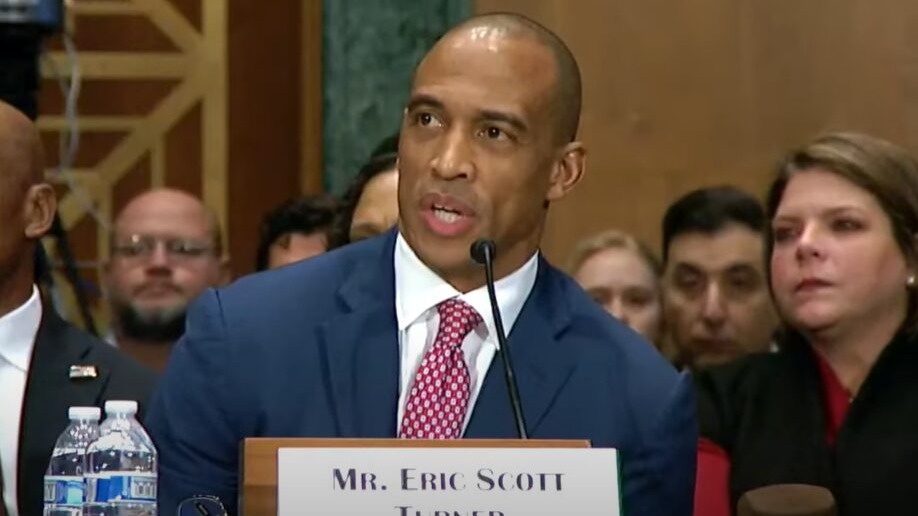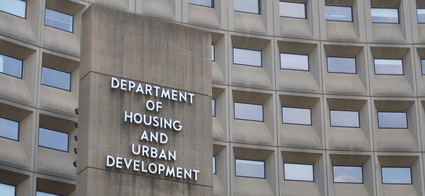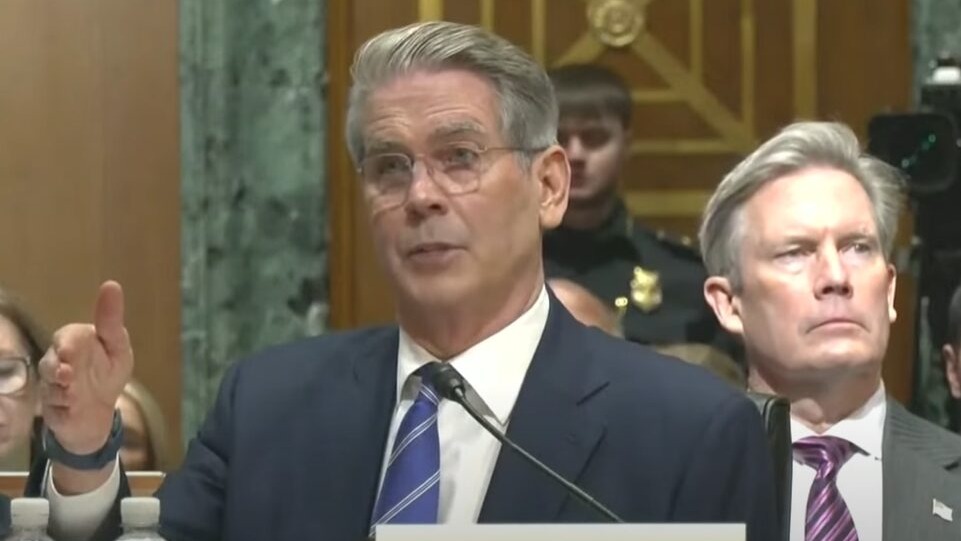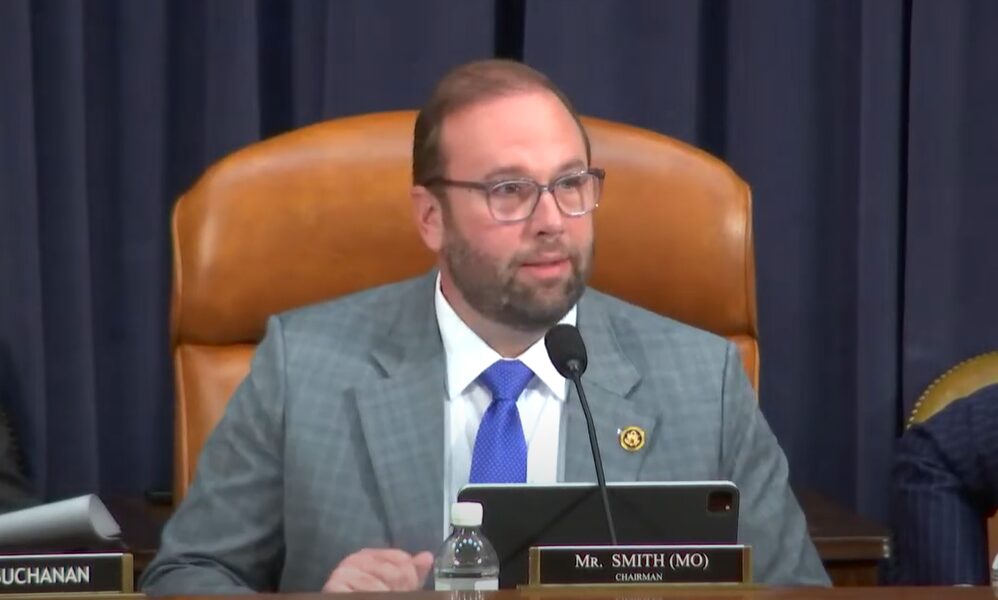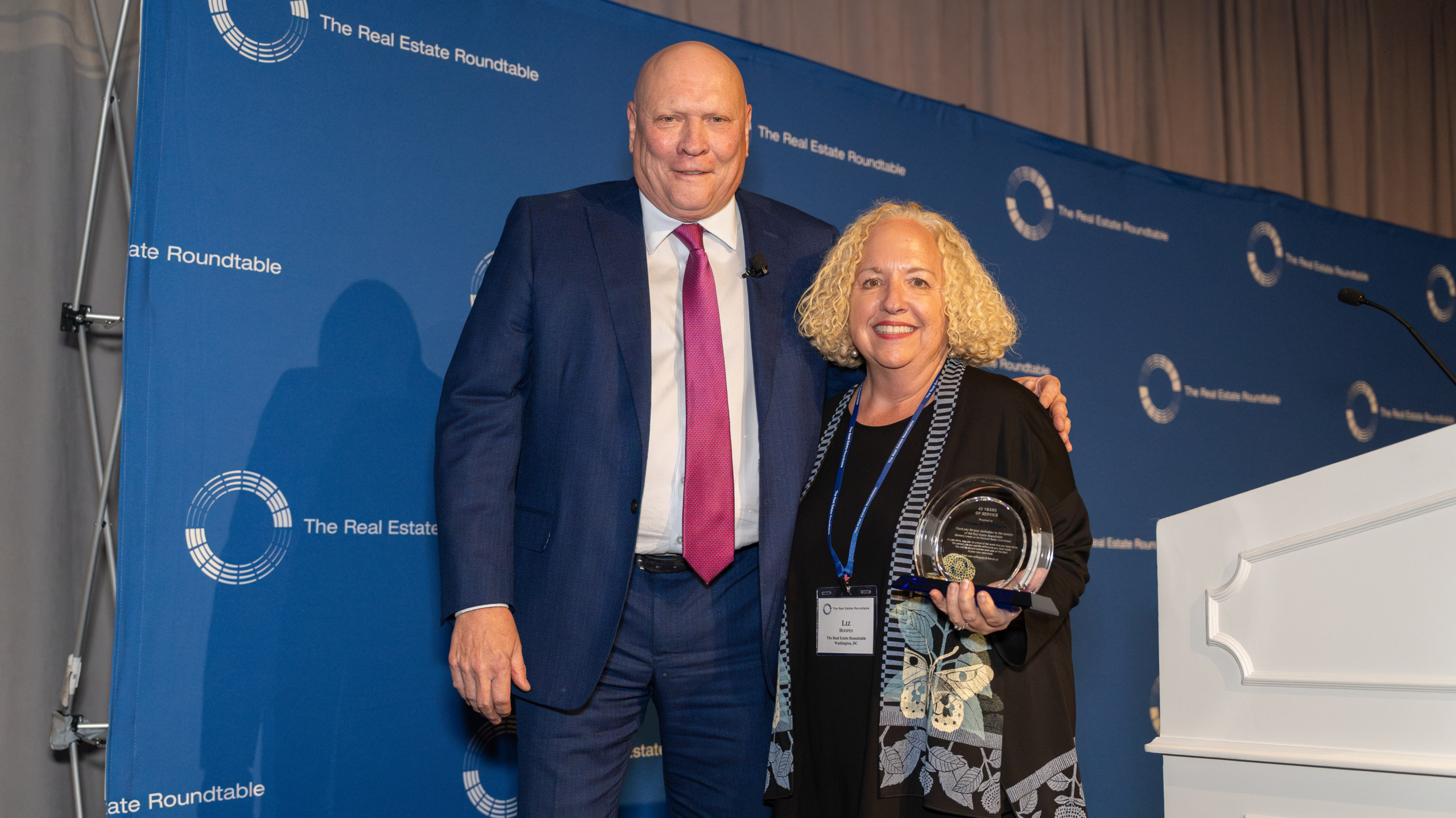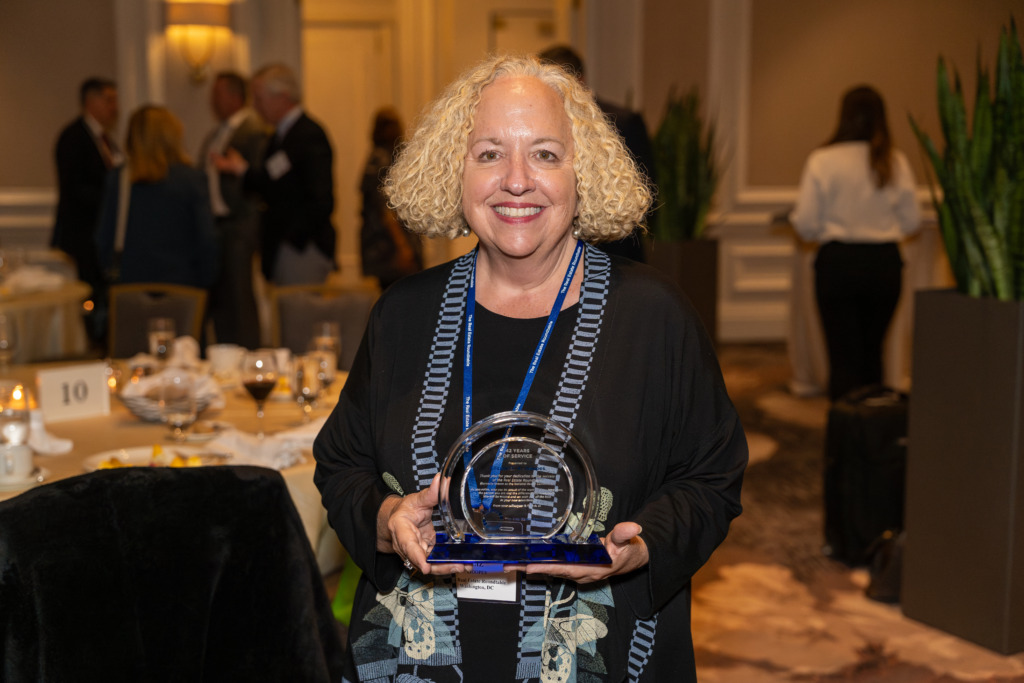
The fires in Los Angeles this week have caused tremendous damage to lives and property, demonstrating how risks from natural catastrophes are a growing challenge to both people and industries across the country. National policy solutions are needed to prepare for the future and effectively manage natural catastrophe risk. (Associated Press, Jan. 11 | RAND, Jan.16)
Historic Damages
- The devastating fires tearing through Los Angeles are poised to become the costliest in US history and are fueling an insurance crisis in California, raising questions about how millions of homeowners will secure coverage against future disasters. (Associated Press, Jan. 11)
- Damages from the LA fires could reach up to $275 billion after the blazes ripped through some of Los Angeles County’s wealthiest neighborhoods. (Orange County Register, Jan. 16)
- The staggering costs stem from fires hitting densely populated areas filled with some of the nation’s priciest real estate, says Accuweather’s Chief Meteorologist Jonathan Porter. (Associated Press, Jan. 11)
Insurance Impact
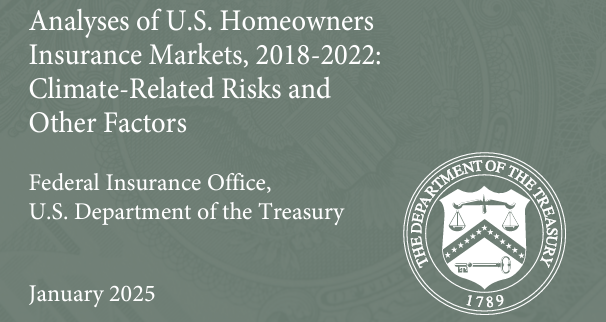
- The wildfires that destroyed homes in multiple sections of the Los Angeles area will test California’s efforts to stabilize the state’s insurance marketplace after many insurers stopped issuing residential policies due to the high fire risk. (KNBC, Jan.10)
- The California FAIR Plan was created in 1968 and provides basic fire insurance coverage for high-risk properties when traditional companies would not. (NYT, Jan.14 | Bloomberg, Jan. 15)
- Some are worried that the FAIR Plan won’t have enough funds to cover the damages, but FAIR Plan spokesperson Hillary Mclean assured the public that “the FAIR Plan has payment mechanisms in place, including reinsurance, to ensure all covered claims are paid.” (KNBC, Jan.10)
- The U.S. Treasury’s Federal Insurance Office (FIO) released a report Thursday, showing homeowners insurance costs are rising faster than inflation, with premiums 82% higher in high-risk ZIP codes due to climate-related disasters. (Treasury News Release, Jan. 16)
- The report based on extensive data from 2018-2022, highlights increasing challenges for homeowners and insurers alike, as nonrenewal rates and claims costs surge in areas most affected by severe weather events. (CNBC, Jan. 16)
Policymaker and Industry Reaction
- Policymakers are working to streamline the permitting process to expedite recovery and are actively monitoring the insurance marketplace. Senator Sheldon Whitehouse (D-RI) told CBS News “We will be watching to see whether the collapse of a trembling home insurance market accelerates after this added shock”. (CBS News, Jan.16)
- California Governor Gavin Newsom has temporarily suspended permitting and review requirements under the California Environmental Quality Act (CEQA) and the California Coastal Act. The move aims to expedite the rebuilding process for fire victims, enabling faster restoration of homes and businesses, Newsom said. (GlobeSt., Jan. 14)
- The proliferation of natural catastrophe threats has raised concerns about commercial insurance coverage for real estate.
- Republicans on the Senate Banking Committee, led by Senators John Kennedy (R-LA) and Mike Rounds (R-SD), are drafting legislation to reform the National Flood Insurance Program (NFIP) and provide broader disaster relief for victims of catastrophes like wildfires, floods, and storms. (The Hill, Jan. 14)
- The proposed initiative aims to expand and improve disaster coverage without relying on taxpayer subsidies, addressing long-term issues with the NFIP and creating a more comprehensive program for natural disasters.
Real Estate Industry Response
- The real estate industry continues to lead in the response and recovery to these fires.
- A group of 15 leading multifamily firms and commercial real estate industry groups has quickly banded together to support residents and rebuild Los Angeles following the wildfires that struck the city. RER members, including Cityview, Lincoln Property Company, and Marcus & Millichap support the coalition. (ConnectCRE, Jan. 16)
Natural catastrophe insurance will be discussed at RER’s upcoming Homeland Security Task Force and Risk Management Committee Meeting next week at our 2025 State of the Industry Meeting in Washington, DC.
